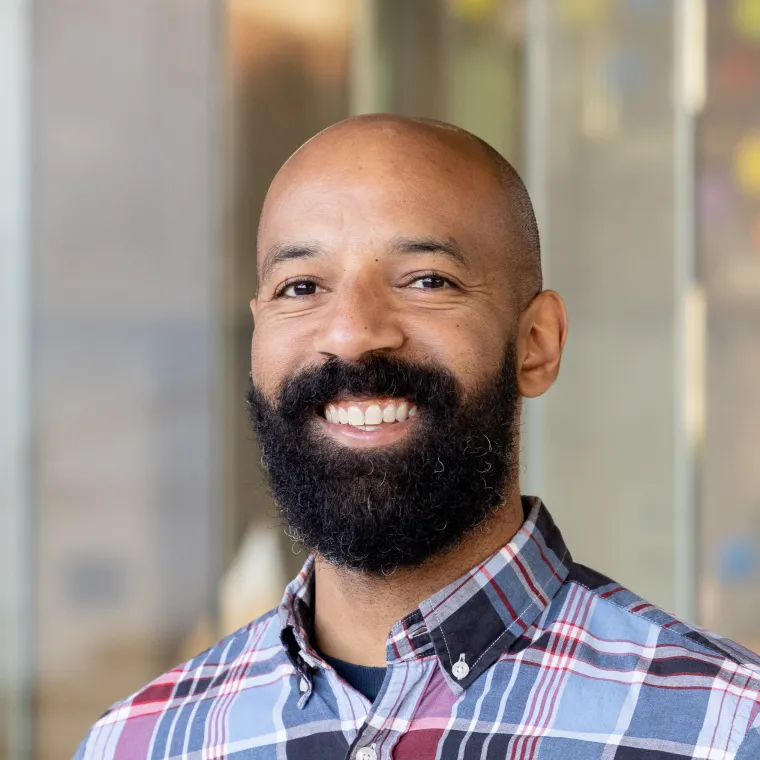Kenneth J. Kokroko, PLA, ASLA

WONDER HOUSE @ SXSW 2022 Talk:
Authentic Voices Pt 1: A Conversation on Owning Your Voice and Claiming Space
Saturday, March 12, 11 a.m.
Rooftop Stage
Authentic Voices Pt 2: A Guided Challenge to Own Your Voice and Claim Space
Saturday, March 12, 3 p.m.
Surround Stage
KENDRA AND KENNETH'S TALK:
Authentic Voices Pt 1: A Conversation on Owning Your Voice and Claiming Space
Where, through a participatory discussion, we investigate how being your most authentic self can help to shift power dynamics, bring voice to the voiceless, and foster more inclusive approaches to community-based planning, design, and social justice. Information from this session will feed into the immersive exercise at 3p.m.
Authentic Voices Pt 2: A Guided Challenge to Own Your Voice and Claim Space [WATCH ON YOUTUBE]:
Where, through a guided design challenge, we investigate together how being your most authentic self can help to shift power dynamics, bring voice to the voiceless, and foster more inclusive approaches to community-based planning, design, and social justice. This session builds on information from the morning session, but is otherwise independent. We encourage attendance at both.
ABOUT KENNETH KOKROKO
Kenneth J. Kokroko PLA ASLA is a landscape architect with unique experience leading a community-based planning and design process for park, open space and neighborhood planning projects. His research background in anthropology, environmental science and community development brings a fresh, holistic perspective to his design approach.
Through his work in community-based projects, Kenneth became passionate about meaningfully connecting people with the built environment to improve social and ecological outcomes. His multidisciplinary training and experience collaborating with community partners from diverse backgrounds have also informed his approach to implementing equitable and inclusive engagement, planning and design strategies for public open space development.
As a staunch advocate for racial and environmental justice in design, Kenneth’s approach embodies a critique of historic design practices, and a vital redefinition of what design success means in a community context.

